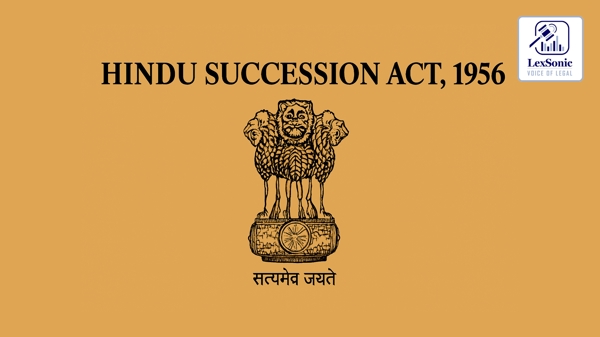In a significant judgment of Anusaya Baburao Kale (since deceased) through Legal Heirs & Others v/s Babai Laxman Chorge, (since deceased through legal heirs & representatives) & Others, a recent court ruling has reinforced the property rights of daughters under Hindu law, setting aside concurrent judgments that had ordered three sisters to vacate their ancestral home. The case, which spans decades, hinged on the interpretation of the Hindu Succession Act, 1956, and the legal evolution of a daughter's right to maintenance and residence.
The dispute involved a family's ancestral property originally owned by Natha. After his death, the property was divided between his two sons, Rama and Chandar. The daughters of Rama were living in a part of the property, a dwelling house, that was later claimed by the widow of one of their brothers, Laxman. The widow filed a lawsuit to evict the sisters, arguing they were merely "gratuitous licensees" who were permitted to stay out of sympathy.
However, the sisters countered that their father, Rama, had given them the land for their maintenance, and they had constructed a structure on it. They argued that their right to reside there was not a matter of charity but a matter of legal and moral right. Two of the sisters were widows, and another was a widow after being deserted by her husband; they had all been living in the property since before the Hindu Succession Act came into force in 1956.
The Law, History, and Moral Obligation:
The court delved into the intricacies of Hindu law, both before and after the 1956 Act. It meticulously analyzed the legal principles that have been shaped over time by various court decisions. The core legal points can be summarized as follows:
Pre-1956 Law: Under uncodified Hindu law, a father had a moral, though not legal, obligation to maintain his unmarried or destitute daughters. Upon his death, this obligation matured into a legal one for the heirs who inherited his property. The court emphasized that a moral obligation, when acknowledged and acted upon, could be elevated to a legal right.
Section 14 of the 1956 Act: This section was designed to transform a Hindu woman's limited ownership rights into full ownership. The court highlighted that the term "any property" under this section is broad, including property acquired through maintenance. Since the sisters were residing in the property for maintenance, this limited interest, acquired before the Act, ripened into an absolute right after 1956.
Section 23 of the 1956 Act: This provision, though since omitted in 2005, played a crucial role. It recognized a female heir's right to reside in a dwelling house, even if she couldn't immediately claim partition. This statutory right of residence further solidified the sisters' claim.
The court found that the plaintiff's claim of a "gratuitous license" was untenable. Evidence showed that at least one of the sisters had been living in the property since their father's lifetime, before her brother (the plaintiff's husband) had even obtained exclusive ownership through a partition. The court reasoned that regardless of whether Rama died before or after 1956, his daughters had a right to the property—either as a result of a moral obligation that became a legal right or as Class I heirs entitled to a share.
Conclusion: A Clear Path to Justice
By carefully considering the historical and evolving nature of Hindu law, the court concluded that the sisters' right to reside in the property was a recognized legal right, not a temporary permission. This meant their possession had blossomed into absolute ownership. The court thus dismissed the original lawsuit, thereby quashing the eviction decrees. The judgment serves as a powerful affirmation of the rights of Hindu daughters, ensuring they are not left destitute and that their legal claims are given the weight they deserve, regardless of when their father passed away.
Section 14, Hindu Succession Act - 1956
Section 23, Hindu Succession Act - 1956
Hindu Succession Act, 1956

